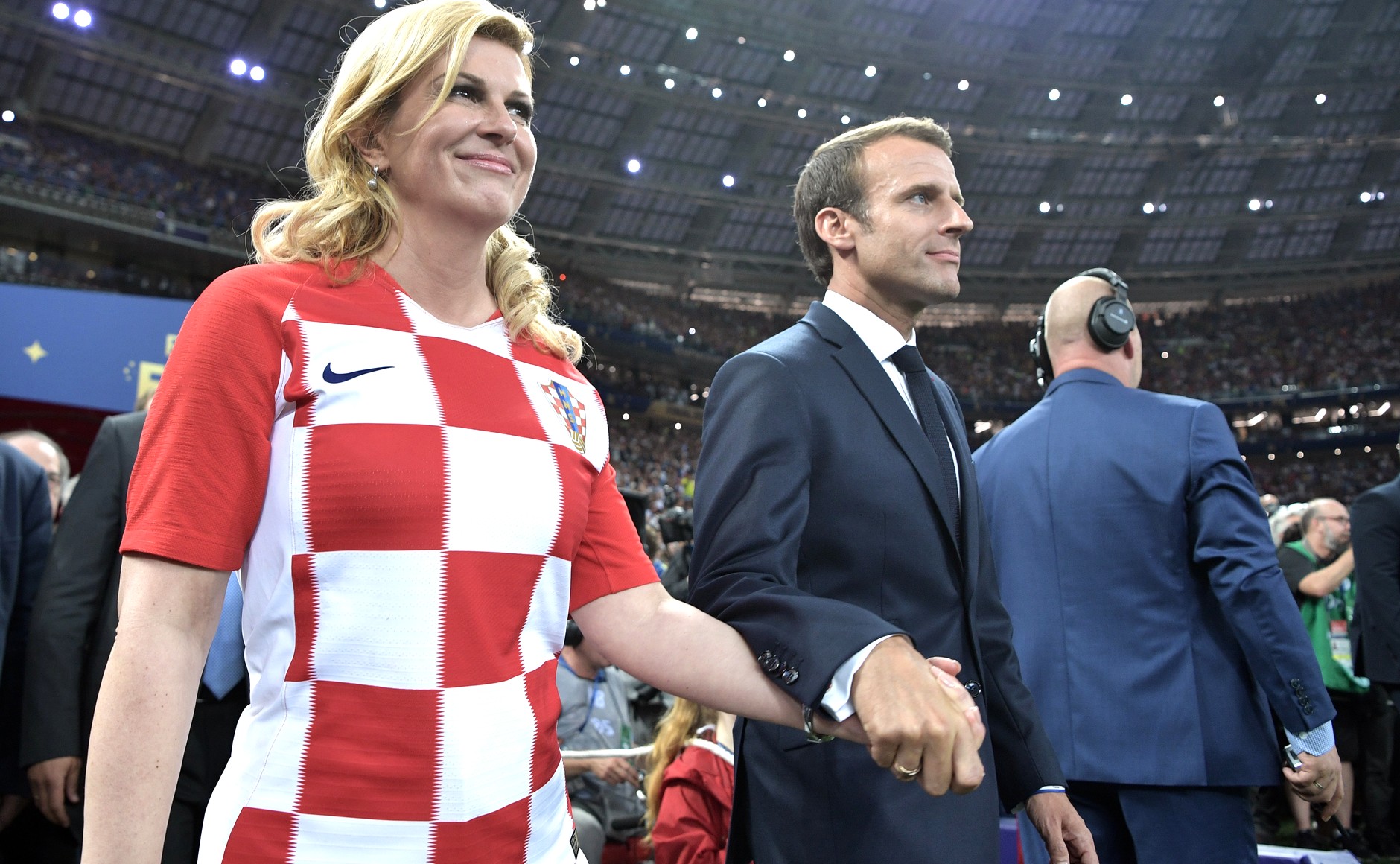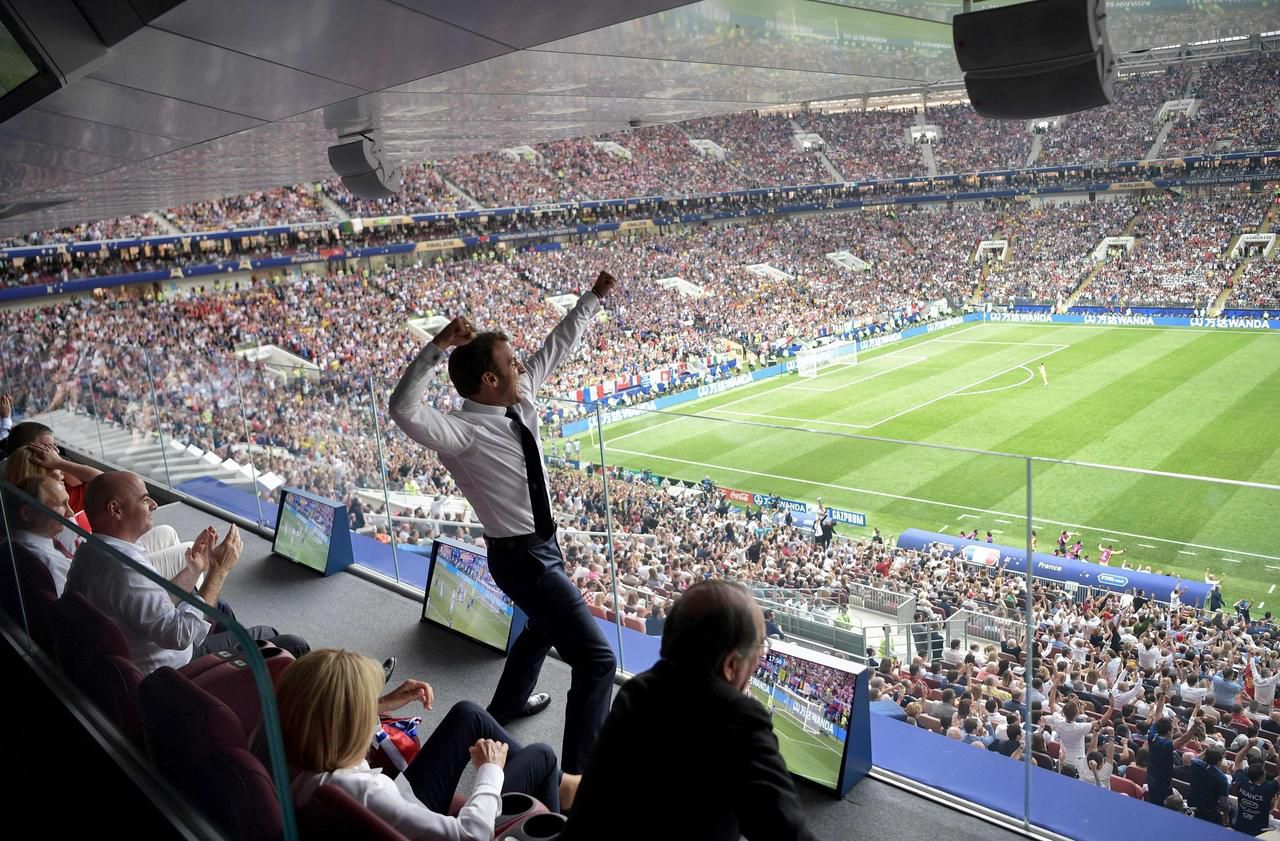Diplomacy at the Stadium. Why is a World Cup a Governmental and Institutional Event?
- Emmanuel González
- Events
- Hits: 6934
Between November and December 2022, the world of sports has an unmissable date. The 2022 FIFA World Cup will take place, for the first time in history, in the Middle East, specifically in Qatar, which in turn, will be the smallest country to host a World Cup.

Apart from the footballing details that revolve around the qualified teams, together with the peculiarity of the venue for this edition, it is very important to bear in mind what a sports event of this nature means in geopolitical and diplomatic terms. We should not forget that, as with the Olympics, the World Cup is an incredible showcase, in terms of marketing and tourism, both for the host country and for those competing in the championship.
The Qatari government already had, per se, an executive body oriented towards this type of affairs, with an obvious tourism, marketing and geopolitical focus, which is not only in charge of improving the country's infrastructure, but also the image it conveys abroad: the Supreme Committee for Development and Legacy, which has been advised at all times by FIFA itself, with the aim of carrying out a World Cup with the necessary guarantees and requirements.
Qatar, aware of the historic event in which this edition is framed, has developed an unparalleled infrastructure, never seen before for an event of this type. To this end, the committee has considered both the trends and challenges faced by the international community. In turn, its emir, Tamin bin Hamad Al Thani, began a series of trips abroad in 2021 with a twofold objective: to promote Qatar as a tourist destination, with the FIFA World Cup being one of its best calling cards; and to seek new business partners in Europe, due to the existing energy emergency situation in the West.
The Supreme Committee for Development and Legacy, advised at all times by FIFA, has designed and carried out in record time, as we have said, an unparalleled infrastructure in the history of the World Cup. Thus, Qatar, wishing to position itself even more in a highly competitive environment in terms of tourism and events such as the Persian Gulf, has almost completely reconfigured enclaves of the importance of Doha, its capital, or Lusail, a small town near Doha, which is becoming an important destination for business, development, and reception of governmental and institutional authorities.

In addition to all this, and given the uniqueness of the destination, FIFA, as the highest international institution in soccer, has placed special emphasis on promoting important sustainable projects while advising the Qatari authorities. As an example, we can mention the 974 Stadium in Doha, the world's first dismountable stadium, and the only one to receive a 4-star rating in the Global Sustainability Assessment System (GSAS). It gets its name from being built with 974 shipping containers and, in turn, marks the telephone prefix of Qatar. It is located close to both Doha's port and airport, and after the World Cup, Qatar has made a commitment to FIFA to donate all the material from the stadium to underdeveloped countries in Africa and the Middle East.
Although the World Cup will begin at the end of November 2022, it is already underway. Because of the World Cup, Qatar receives, on a daily basis, a multitude of delegations of all kinds, most of them composed of FIFA authorities, members of delegations from the 32 countries participating in the World Cup, and media from all over the world.
In geopolitical terms, it is expected to be a quiet and interesting event in equal parts, as most of the qualified national teams are on the same political-economic spectrum in diplomatic terms. In fact, this casuistry is an ideal scenario for strengthening economic, political and cultural ties between the participating nations beyond the sports event.

The 2022 World Cup in Qatar is already a historic event in sporting and institutional terms. The change of date, the particularity of its venue, the incredible infrastructures created for the occasion and the gathering of a multitude of presidents, heads of state and ministerial cabinets related to tourism, sports and culture, make the World Cup in Qatar a sporting, governmental and institutional event of enormous significance.



